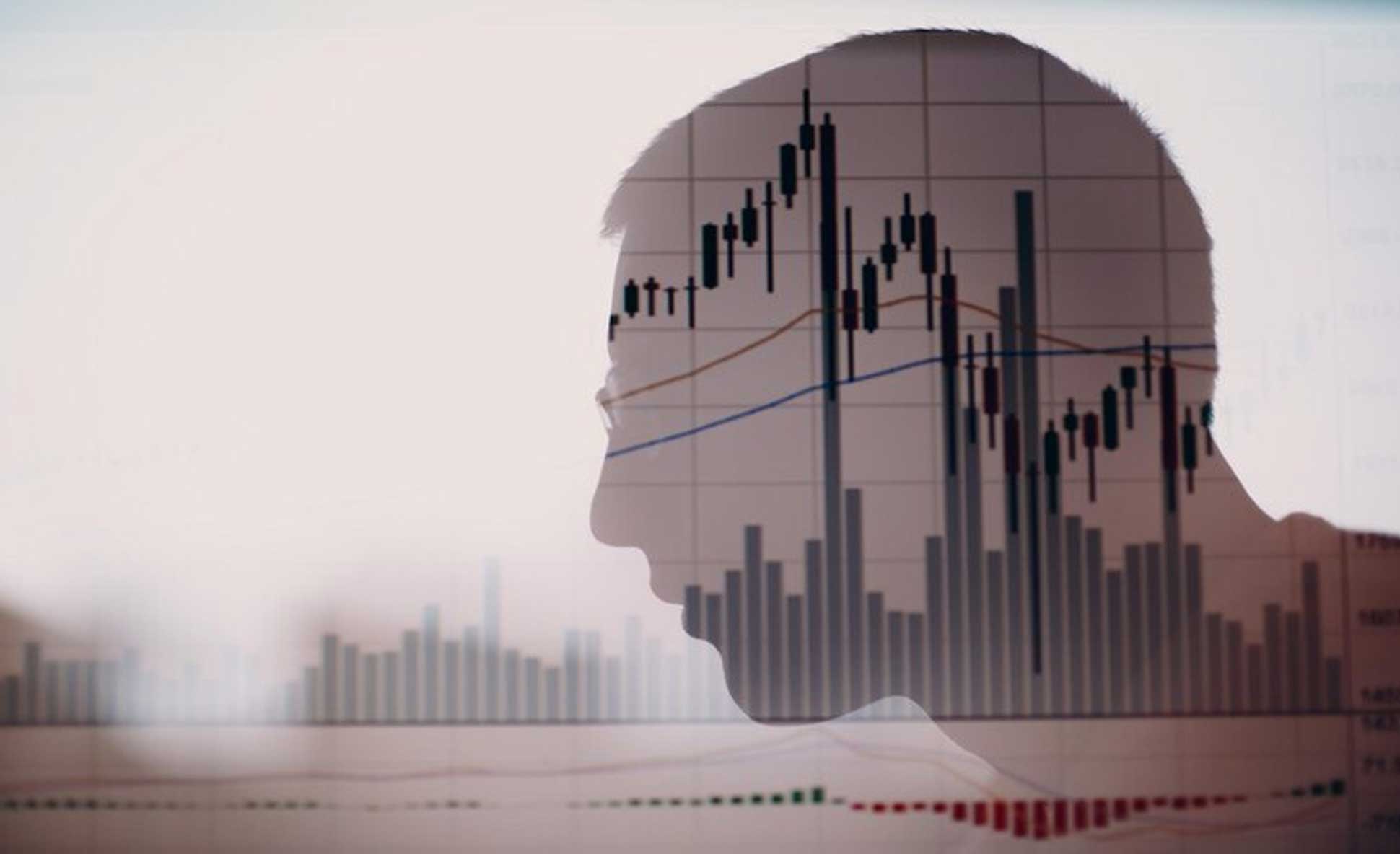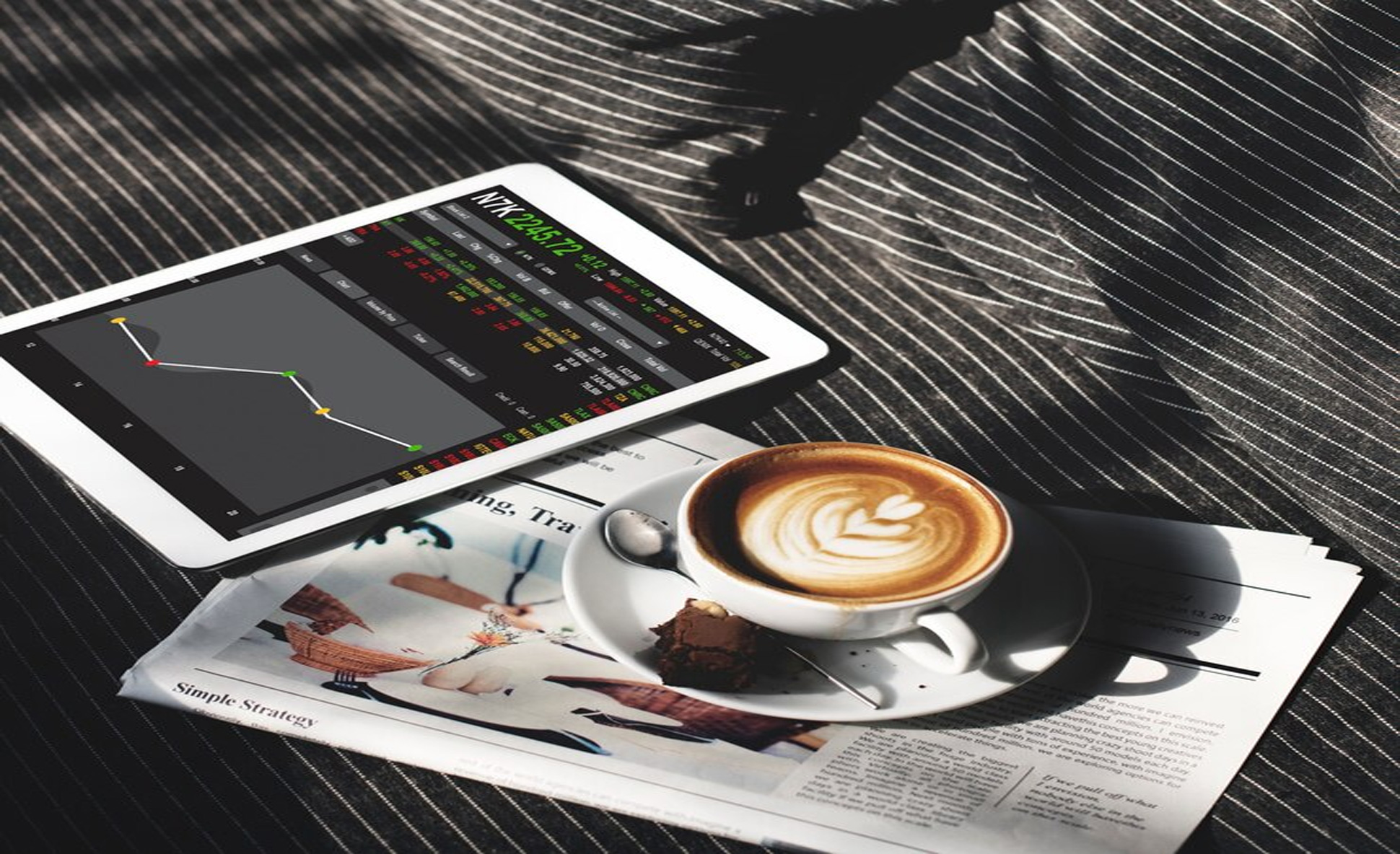Psychology in Trading
Trading is one of the exciting and challenging activities that requires having different skills and knowledge. But skill and knowledge are not enough. A trader must also have a strong and appropriate psychology. Psychology in trading refers to a set of emotions, beliefs, motivations and behaviors that affect a trader when performing their trades. Psychology in trading can have a positive or negative impact on a trader’s performance. In this article, we will examine some of the positive and negative psychological factors in trading and ways to improve them.
Positive psychological factors in trading
Positive psychological factors in trading are those factors that help a trader to trade with more confidence, focus, motivation and balance and make the best use of the market opportunities. Some of the positive psychological factors in trading are:
- Self-confidence: A trader who trusts their abilities and strategies can trade with ease and high concentration. Self-confidence helps a trader to be sure of their decisions and avoid the influence of negative emotions such as fear or greed. A trader should increase their self-confidence by learning, practicing, experiencing and studying and avoid comparing themselves with others.
- Planning: A trader who has a clear and specific plan for entering and exiting trades before starting trading can trade with more confidence. Planning helps a trader to avoid hasty and irrational decisions and make the best use of the available opportunities. A trader should make their plan based on their knowledge, analysis and goals and avoid ready-made and identical plans.
- Flexibility: A trader who can react quickly to market changes and different conditions and adapt their strategies to them can have a competitive advantage. Flexibility helps a trader to avoid stubbornness and insistence on their previous opinions and learn from their mistakes. A trader should increase their flexibility by following the news, updating the data and trying new methods and avoid relying on old and obsolete methods.

Negative psychological factors in trading
Negative psychological factors in trading are those factors that harm a trader and cause them to trade with fear, greed, overconfidence and anxiety and deviate from their optimal performance. Some of the negative psychological factors in trading are:
- Fear: A trader who is afraid of losing money or opportunities can have problems in their trading. Fear can cause a trader to refrain from entering profitable trades or exit losing trades too early. Fear can reduce a trader’s focus and judgment and push them towards emotional decisions. A trader should reduce their fear by following the rules of capital management and risk management and pursuing realistic and proportional goals with their abilities.
- Greed: A trader who is greedy for more profit or recovering previous losses can make mistakes in their trading. Greed can cause a trader to take too much risk or trade too much. Greed can divert a trader from following the rules and harm them.
- Overconfidence: A trader who has overconfidence in their abilities and knowledge can fail in their trading. Overconfidence can cause a trader to ignore the market analysis and available information or disregard the opinions of others. Overconfidence can deprive a trader of criticism and learning and lead them to selfishness and self-satisfaction. A trader should reduce their overconfidence by doing research, listening to experts’ opinions and accepting realities and avoid arrogance and self-deception.
Ways to improve psychology in trading
Psychology in trading is one of the factors that determines the success or failure of a trader and must be taken into account. A trader should try to benefit from the positive psychological factors in trading and avoid the negative psychological factors in trading. A trader should constantly evaluate and improve their psychology and use methods such as training, counseling, practice and experience to increase their level of psychology. Some of the ways to improve psychology in trading are:
Training:
A trader should constantly increase their knowledge and skills and use reliable and up-to-date sources for training. Training can help a trader to better understand the market, learn new strategies, identify common errors and use risk and capital management techniques. Training can give a trader more self-confidence, planning and flexibility and reduce fear, greed and overconfidence.
Counseling:
A trader should use psychological or financial counseling services to improve their psychology. Counseling can help a trader to identify, evaluate and change their emotions, beliefs, motivations and behaviors. Counseling can give a trader more emotional balance, criticism and learning and reduce anxiety, stress and depression.
Practice:
A trader should practice regularly and use methods such as demo account, simulation, review and analysis to strengthen their skills. Practice can help a trader to get familiar with different market conditions. Know their strengths and weaknesses, correct their mistakes and improve their performance. Practice can give a trader more experience, risk tolerance and decision making and reduce error, doubt and confusion.
Experience:
A trader should use their own and others’ experiences for learning and progress. Experience can help a trader to better understand the market. Identify the opportunities and threats, distinguish the effective and ineffective methods and learn from the successes and failures. Experience can give a trader more vision, strategy and initiative and prevent repetition, superficiality and fatigue.

Conclusion
Psychology in trading is one of the important factors in the success or failure of a trader. A trader should constantly evaluate and improve their psychology. And benefit from the positive psychological factors in trading and avoid the negative psychological factors in trading. A dealer should use methods such as training, counseling, practice and experience to increase their level of psychology. A trader who has a strong psychology in trading can trade with more confidence. Planning, flexibility, risk tolerance and emotional balance and avoid fear, greed, overconfidence, bias and anxiety.



